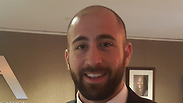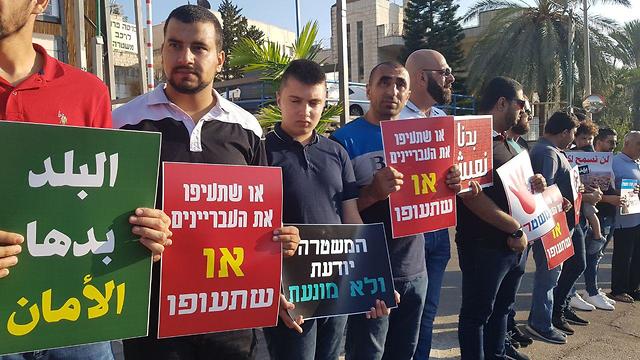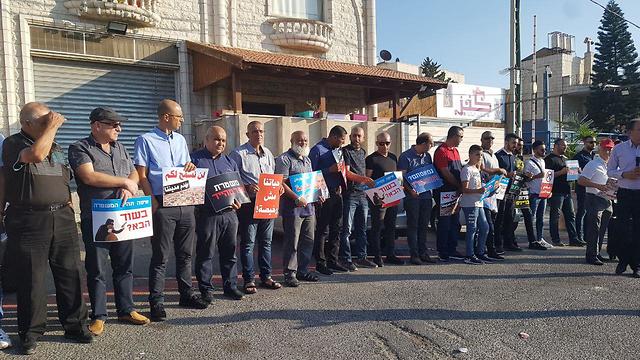In this election, Israel's Arab citizens turned out to vote for a number of reasons: the return of the Joint List as a united political force; the endless incitement on behalf of the government and its leader Benjamin Netanyahu, who hasn't missed a chance since 2015 to deny the legitimacy of the Arab public's political activity and its leaders; and a very positive campaign, the likes of which we haven't seen since the 1999 elections.
The Joint List's campaign focused this time on positive messages, which called the public to go out to vote in order to treat the problems plaguing the Arab sector.
Blocking the right's wild incitement, protesting anti-Arab laws, endign house demolitions, promoting healthcare, improving the economic and social situation in Arab communities and most importantly - dealing effectively with rising crime and violence.
Two days after the elections, the reality of civilian terror has returned to the streets in the Arab communities, where some did not celebrate the beginning of the changes in our country many are waiting for.
In less than a day, four Arab civilians were murdered, including an innocent pregnant woman who was attending a wedding.
Sixty-four Arab citizens of Israeli have been murdered since the beginning of the year – one murder every three days!
In 2016, the government has passed a government decision that is supposed to increase security in Arab communities, but the plan isn't taking off and crime is rampant in almost every Arab community.
That government, which the Arabs voted against, is the same government that decided to cut by a third the budget dedicated to fight crime and violence several months back.
Close to 80% of the Arab voters voted for the Joint List, and for a good reason.
The Arab public has unequivocally spoken: Israel's Arab citizens want to be a factor in the political arena, replace the right-wing government that has hurt them for many years; and set a new public order, which will take care of the critical issues that the Arab population faces.
First and foremost, the lack in security and the restoration of trust in their representatives.
The Arab public has spoken and now, it is time for the Joint List to complete the job and function as an important factor by recommending Benny Gantz for prime minister.
Gantz, who has been silent so far, must gather courage and take their words seriously.
He must do it today, not tomorrow.
Rasool Saada is deputy chair of the Young Lawyers’ Committee at the Israel Bar Association and director of the Safe Communities Initiative at Abraham Fund



















